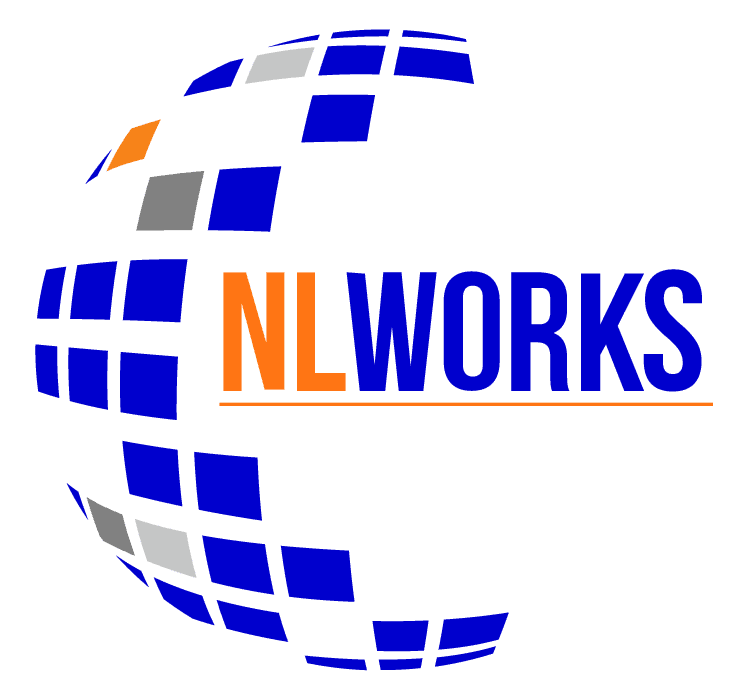
In ten years’ time, Curaçao must play a leading role in the field of sustainable energy and in twenty years’ time it must be a major exporter of renewable energy in the Caribbean. To realize this ambition, a Living Lab is being set up in which the Curaçao government, TNO and the University of Curaçao (UoC) will collaborate with Dutch and Curaçao companies.
The parties have announced this in a joint statement. The companies affiliated to this initiative all have sustainability high on their agenda: Port of Rotterdam, shipbuilder Damen, technology company VDL Group, storage company Vopak and offshore company Van Oord from the Netherlands. From Curaçao, Refineria di Kòrsou (RdK), water and energy company Aqualectra, waste company Selikor and ABC Busbedrijf participate.
New economic impulses
Curaçao and TNO have already been working together for more than two years to accelerate innovations in the field of sustainable mobility and energy through applied research. For Refineria di Kòrsou (RdK), TNO made an analysis of possible transition paths in the near future. The refinery has been an important employer and source of income for Curaçao for more than a century, for which sustainable activities and products will eventually have to be added or possibly replaced. For Curaçao, this involves a combination of sustainability, new economic impulses and knowledge building.
Triple helix: knowledge, businesses, government
The Living Lab consists of a joint research and development programme to make the transition to a sustainable economy a reality. Curaçao and Dutch companies work together with knowledge partners TNO and UoC. On the island, these include the RdK, ABC Busbedrijf, energy company Aqualectra and waste company Selikor. UoC takes care of the local knowledge building. The testing ground is supported by the government of Curaçao, the Dutch Ministry of Defense, NL Works and the Rijksdienst voor Ondernemend Nederland (RVO). The ministries of EZK and BZK also welcome the initiative.
Organizing sustainable chains
The Living Lab will be an open ecosystem where innovations can be tested on a relatively small scale. The aim is to organize sustainable chains integrally, from generation to conversion and storage, to distribution and consumption. For example, electric bus transport on the island will not be a stand-alone solution but will become part of a chain with solar energy and battery storage. This must eventually grow into a system of chains that includes sustainably generated electricity, hydrogen production, synthetic energy carriers, electrification, storage, refinery decarbonisation, biofuels and charging stations. The energy transition will only be a success when all parts of the chain are seamlessly aligned.
Faster innovation and upscaling
The underlying idea is that chain innovations can be realized more quickly on the scale of the island and, if successful, can also be scaled up quickly. In this way, new applications developed on Curaçao – partly thanks to the great potential of solar and wind energy – can also be applied in the Caribbean region, in the Netherlands or elsewhere. The Living Lab enables a continuous exchange of ideas and knowledge between Curaçao and the Netherlands. As a result, the companies are expanding their markets in the region and developing new export products for the Dutch and global markets.
